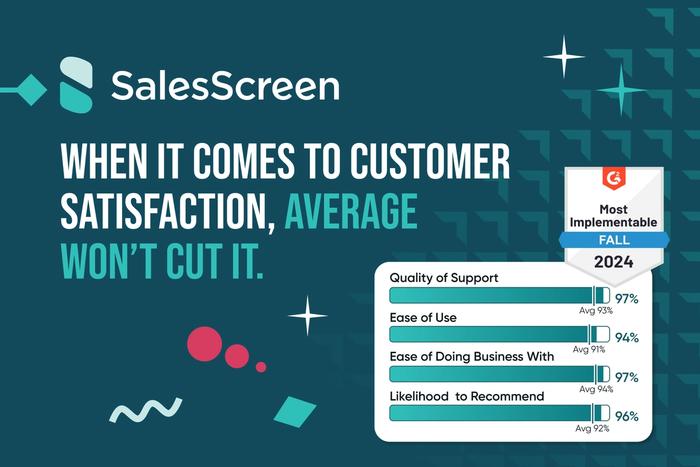More than just a buzzword, company culture is a significant factor in any successful business. If you haven’t taken the time to check in with your company culture in a while, here are some important questions to ask yourself.
People
Employees make up the most important element of an organization. Without good people, the likelihood of building and maintaining a successful company with great company culture is very low.
Making sure that your employees are happy is essential for promoting good company culture–and it also contributes to better overall performance and profits. Studies show that happy employees “outperform competition by 20%” and “are more likely to solve difficult problems faster.” So in order to check in with employee satisfaction, here are a few questions to ask yourself…
- How do your employees interact?
- How do your managers interact?
- How do your employees and managers interact?

Place
Physical environment is another factor that can greatly affect the work atmosphere and employees’ mental state. Studies also reveal that “architecture and design can support or even change company culture.”
So when assessing your company culture in regards to the physical space, start by asking yourself these questions.
- How does the office look?
- What is the general office vibe?
- Where do people work?
- How often do people work together?
- How are the common areas?

Public
The public perception of your company is likely a reflection of what your employees say about it. If people are miserable, they are going to say so–and the word of mouth will spread quickly and contribute to a negative reputation in the public eye.
Pay attention to how people describe the company and the general public image, as this can give you key insight into your company culture.
- How would you describe the company to others?
- What do your employees say about the company?
- What’s the reputation/public perception?

Values
An employee engagement poll reported that 1 in 4 employees are “indifferent or don't know much about their company's mission.” This can be extremely detrimental to company culture and employee engagement and satisfaction.
Studies show that employees who have a purpose and know the company values “experience 64% higher levels of fulfillment in their work.”
Ask yourself these questions for a values check-in.
- What are the company values?
- Do your employees know and embody those values?
- Do you?

Recognition
Companies that give regular recognition “experience 31% lower voluntary turnover.” People really want to be recognized for a job well done–and a little bit can go a long way. Many employees would even prefer praise and recognition over a gift.
Leaderboards are an effective way to give kudos to employees for a job well done and to highlight good performance and milestones.
- Do you have an employee recognition program in place?
- Do your employees feel appreciated?
- How would your employees most like to be recognized?











